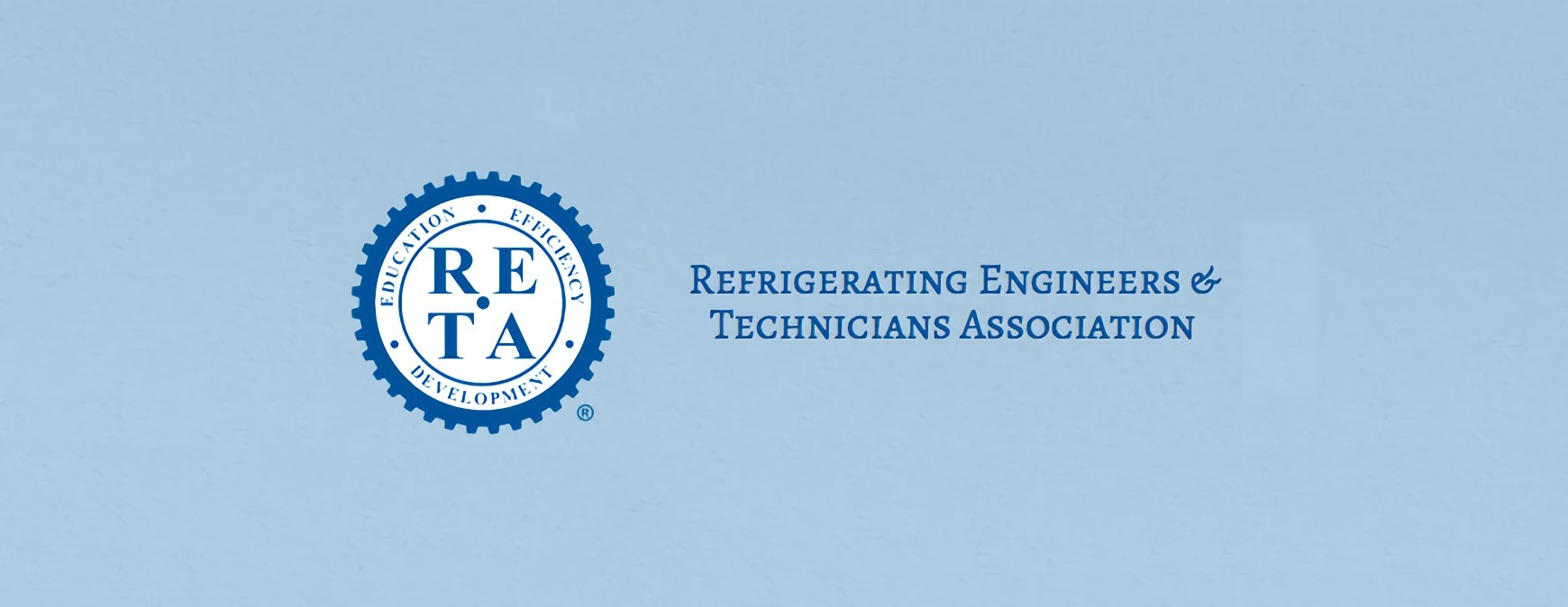

Do I need to be certified to be an HVAC Technician?
Why are certifications important?
How do I choose which certification to get?


Ready-to-Work Certification
HVAC Support Technician Certification
NATE Certification

More information on the exams and certifications that NATE offers can be found here

"There are 150 multiple-choice questions on the examination. A grade of 70% is required to pass.
To document the difficulty of the CM examination, RSES International Headquarters keeps accurate records of the examinations given and the results of each. Current pass rates are roughly 30%." - RSES Testing
Find more information here
"...any HFC refrigerants, such as R-410A, operate at considerably higher pressures than many other refrigerants, safety training is imperative."
More information can be found here


Free Study Resources

The Refrigerating Engineers and Technicians Association (RETA) offers two certifications that are accredited by the American National Standards Institute (ANSI): Certified Assistant
Refrigeration Operator (CARO) and Certified Assistant Industrial Operator (CIRO).

Clean Air Act requires that technicians who "maintain, service, or dispose of equipment that could release refrigerants into the atmosphere must be certified" - https://www.epa.gov/section608/section-608-technician-certification-0
Free Test Prep